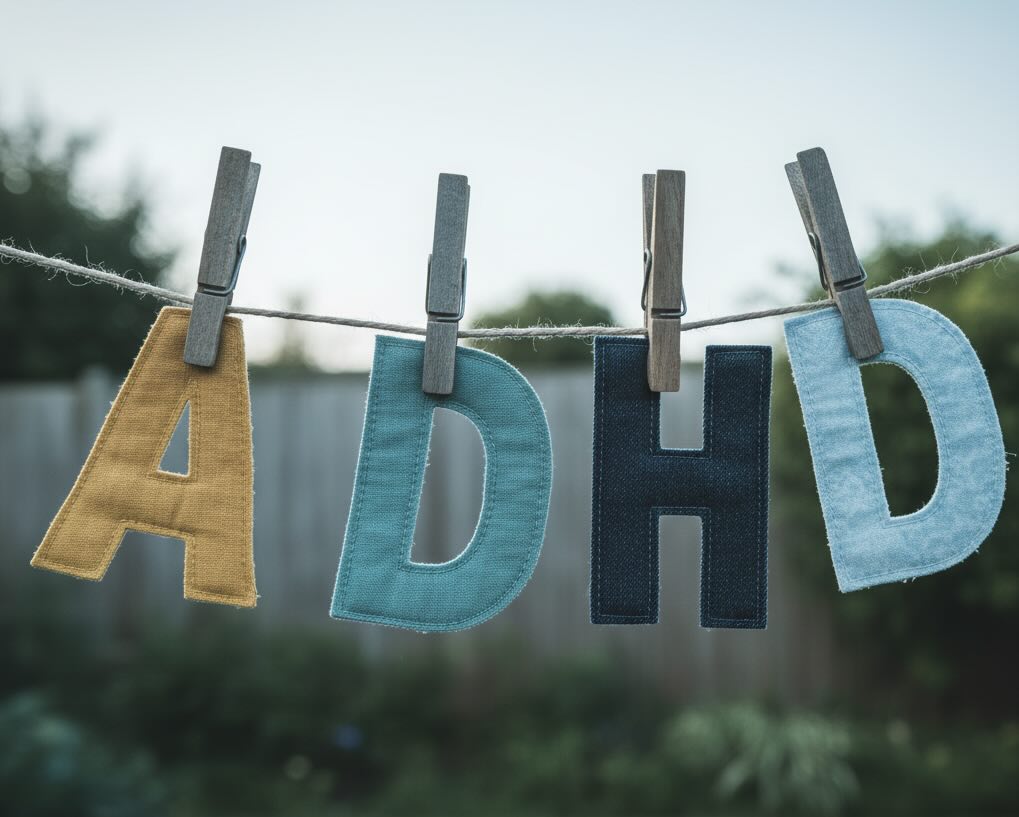What is Major Depressive Disorder (MDD)?
Major depressive disorder (MDD) is a medical condition where low mood, loss of interest, and other symptoms stick around most days for at least two weeks and affect daily life. It’s common and treatable. With the right support, self-care, therapy, medication, or a mix of these things, most people can feel better
Depression Symptoms
Core symptoms
- Feeling down, empty, or hopeless most days
- Losing interest or pleasure in things you used to enjoy
- Changes in sleep (too little or too much)
- Low energy or fatigue
- Changes in appetite or weight
- Trouble concentrating or making decisions
- Moving or speaking more slowly—or feeling agitated/restless
- Feeling worthless or excessive guilt
- Thoughts of death or suicide
How it may feel day-to-day
- Work/study feels harder; small tasks feel heavy
- Withdrawing from friends/family
- Reduced motivation and slower thinking
- Irritability; low stress tolerance
- Neglecting self-care (meals, hygiene, exercise)
When to seek help:
- Symptoms last longer than 2 weeks or interfere with daily life
- Thoughts of self-harm or suicide
- Sudden mood swings, risky behaviour, or possible manic symptoms
- Postpartum mood changes with distress or impaired functioning
- New or worsening symptoms after starting/stopping medication or substances
How Do You Assess for MDD?
Assessing Major Depressive Disorder (MDD) can be tricky because there are so many overlapping symptoms with other mental health conditions. There are single-condition assessment tools, but you risk being assessed with depression when you may have other mental health conditions. Formal diagnosis should involve a few steps:
- Start with a broad multi-disorder mental health screen: Multi-disorder tools are better than single-disorder checklists at determining if your symptoms are related to MDD, another condition (bipolar disorder, postnatal or postpartum depression, complex grief, anxiety disorders, PTSD, OCD, substance use), or a combination.
- Share your screen or assessment report with a psychologist who specialises in the condition(s) you have been assessed with. If they suspect medical causes such as thyroid disease, anaemia, sleep apnea, chronic pain, neuro disorders or medication/substance effects, they should refer you back to a medical doctor; otherwise they will begin working with you to help with the specific depression challenges you are facing.
- Getting a formal diagnosis: In some countries, you can get a formal diagnosis from a primary care practitioner (GP, family physician, mental health nurse, psychologist), in others, you must be referred to a psychiatrist who can diagnose and prescribe. We recommend you follow the care pathway recommended in your country.
How Do You Treat MDD?
Treatment is individual, and effective care is often multimodal, involving lifestyle changes, therapy and (sometimes) medication. Severity of symptoms, your preferences or prior responsiveness to treatment, as well as access to treatment, all matter.
Lifestyle
- Sleep: regular schedule; wind-down routine; limit late caffeine/alcohol
- Movement: aim for moderate activity most days (even short walks help)
- Nutrition: regular balanced meals; stay hydrated
- Routine & pacing: gentle structure; break tasks into small steps
- Social connection: schedule brief, low-pressure contact
- Substance use: reduce alcohol/illicit drugs; discuss cannabis use
- Self-management tools: mood diaries, behavioural activation apps, mindfulness/relaxation audio, crisis/safety planning templates
Talk Therapy
- First-line talk therapy modalities: CBT, BA (behavioural activation), IPT, ACT, problem-solving therapy; peripartum-adapted and culturally adapted therapies where relevant.
- Format and duration: typically weekly, 6–20 sessions; options include group, digital/telehealth, and guided self-help.
- What sessions may include: education about depression, skills for thought patterns and behaviour change, and relapse prevention planning.
Medication
Depression medications reduce anxiety while you build durable skills in therapy; they don’t “cure” anxiety.
Medication classes (generic examples, discuss locally with a prescriber):
- SSRIs (e.g., sertraline, fluoxetine, escitalopram): often first-line
- SNRIs: (e.g., venlafaxine, duloxetine)
- Less typical: (e.g., bupropion, mirtazapine, vortioxetine, agomelatine in some countries)
- Tricyclics and MAOIs: effective but more side effects/monitoring; usually second/third-line or specialist use
What medications do: rebalance brain neurotransmission over weeks; aim to reduce symptoms and prevent relapse
MDD Medication side effects (examples): nausea, sleep/appetite changes, sexual side effects; some cause activation or sedation
Monitoring/safety: There are 'black-box' warnings for increased suicidal thoughts in some young people taking anti-depression medications - close follow-up is important.
- Drug interactions: (e.g., with St John’s wort, certain pain meds)
- Pregnancy/breastfeeding warnings. Please discuss risks/benefits with perinatal-experienced practitioners.
International variances: Prescribing pathways (who can prescribe anxiety medications) differ in different countries, so please follow local guidelines.
Other Treatments
- Brain stimulation: rTMS (non-invasive), ECT (highly effective for severe/psychotic or urgent cases), tDCS (select settings)
- Ketamine/esKetamine: for treatment-resistant depression under specialist protocols
- Light therapy: especially for seasonal pattern depression
- Not recommended/limited evidence treatments: high-dose supplements without indication; St John's wort has interaction risks - seek medical advice first.
Depression Research
What is the state of the evidence: Strong evidence supports CBT/BA/IPT and SSRIs/SNRIs as first-line options; combination therapy often outperforms either alone for moderate–severe or recurrent depression. ECT remains the most effective acute treatment for severe/psychotic depression. rTMS and esketamine/ketamine help some with treatment-resistance.
Key themes:
- Biopsychosocial model: genetics, stress, trauma, inflammation, sleep, and social determinants interact.
- Comorbidity: anxiety, substance use, and physical conditions influence course and treatment response.
- Chronicity & relapse: continuation/maintenance therapy reduces recurrence; relapse prevention planning is essential.
- Personalisation: symptom clusters (e.g., melancholic vs. atypical), biomarkers (emerging), and preferences guide choices.
Methodology caveats: Publication bias, short trial durations, heterogeneous samples, and outcome measures(response vs. remission) limit generalisation. Real-world effectiveness may differ from RCT efficacy.
Books and Resources About Major Depressive Disorder (MDD)
Books (general audience):
● Feeling Good — David D. Burns — latest ed. — CBT self-help classic with practical exercises
● The Mindful Way Through Depression —Williams, Teasdale, Segal, Kabat-Zinn — mindfulness-based relapse prevention
● Undoing Depression — Richard O’Connor —skills and lifestyle approaches




